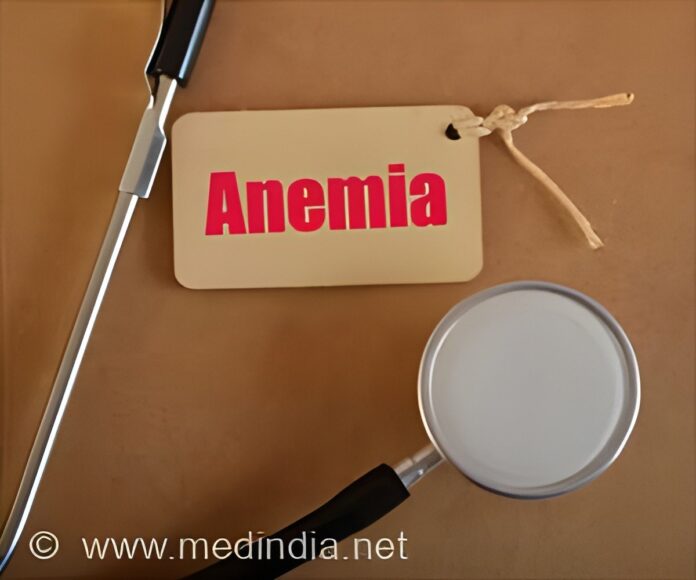Anemia is a condition where the blood lacks enough healthy red blood cells to carry oxygen efficiently.
Anemia impacts over 2 billion individuals globally, with around 83 million Americans considered high-risk. In response, a new smartphone app is making screening more accessible and convenient for users. Co-developed by Dr. L. Andrew Lyon, founding dean at Chapman University’s Fowler School of Engineering, recent research highlights a breakthrough in noninvasive diagnostics. The AI-powered app analyzes a photo of a person’s fingernail to detect signs of anemia—bringing fast, reliable results directly to the user’s phone. ()
Lab-Quality Hemoglobin Estimates from Your Phone?
Published in the journal Proceedings of the National Academy of Sciences (PNAS), the study demonstrates that this noninvasive, AI-augmented app provides hemoglobin estimates that rival traditional lab testing. With more than 1.4 million tests performed by over 200,000 users, the app represents a scalable, low-cost solution that broadens access to anemia screening, especially in underserved and remote communities.
With increased access, this app brings reliable screening directly into the hands of consumers, enabling real-time health monitoring and earlier intervention, empowering users to make informed decisions without waiting for lab results. While not intended for self-diagnosis, the app helps users understand when to consult a healthcare provider.
The app is particularly valuable for those with chronic anemia, such as people with kidney disease or cancer, who often require frequent monitoring. The study showed that personalized app use in these patients improved accuracy by nearly 50%, enabling safer, easier at-home management.
“This research, more than eight years in the making, represents a meaningful step toward improving accessibility in healthcare,” said Dr. Lyon. “It’s a testament to long-term collaboration and a commitment to empowering patients through innovation.”
Over 1.4 million tests have been conducted using smartphone cameras and AI-powered fingernail analysis to estimate hemoglobin (Hgb) levels. The technology achieved a mean absolute error of ±0.72 g/dL, with improved accuracy of ±0.50 g/dL for users with Hgb levels above 10 g/dL.
By leveraging geolocation data, the tool enabled the creation of the first county-level anemia prevalence map in the U.S. For individuals with chronic anemia, app personalization significantly enhanced accuracy—from ±1.36 to ±0.74 g/dL.
This advancement allows users to monitor their hemoglobin levels at home, minimizing the need for frequent clinic visits. Unlike traditional blood tests that are costly, time-consuming, and dependent on clinical settings, this AI-powered solution offers a low-cost, noninvasive, and highly scalable alternative.
Dr. Lyon’s involvement highlights Chapman University’s leadership in health-focused engineering innovation. As founding dean of the Fowler School of Engineering, Lyon played a key role in shaping Chapman’s commitment to translational science, bringing together academic research and real-world impact.
Reference:
- Real-world implementation of a noninvasive, AI-augmented, anemia-screening smartphone app and personalization for hemoglobin level self-monitoring – (https://www.pnas.org/doi/10.1073/pnas.2424677122)
Source-Eurekalert


